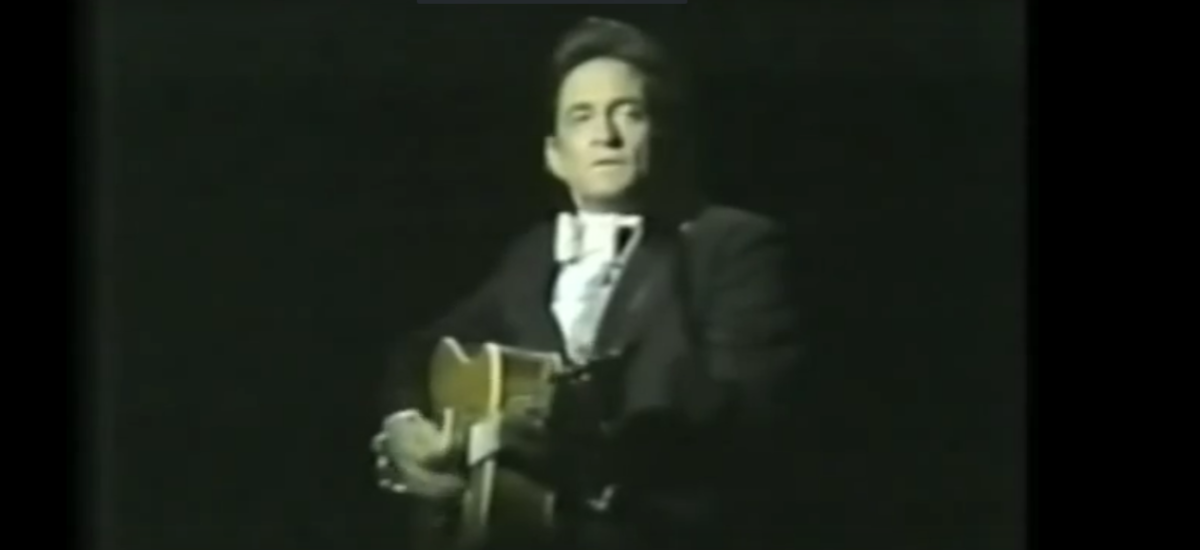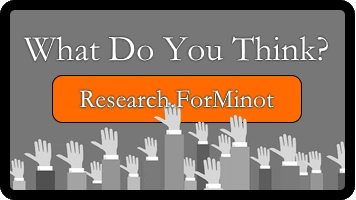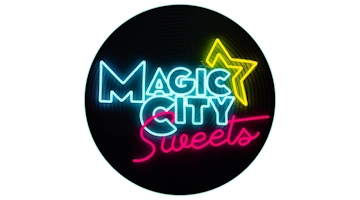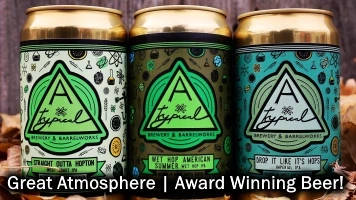What is true? I ask myself that question almost every time I read a news article.
From what I’ve observed, questions of trust are at the crux of our cultural confusion. Who should we trust? Who is looking out for us, who is looking out for themselves, and who is acting on behalf some hidden interest?
Recent studies and data that speak to the answer are revealing what we all probably know intuitively. When faced with the question of, ‘to trust or not to trust’ — the information being conveyed, the credentials of the speaker, and the hard data do not matter as much as how closely we identify with the person talking to us. In other words, we’re always evaluating whether the one doing the talking is a member of our tribe.
Lise Saffran is the Director of the Master of Public Health program at the University of Missouri; she also teaches Story Telling in Public Health and Policy. In a guest blog for Scientific American (by all means, read it!), she suggests that trust is indeed a problem in our current culture and that when we give our trust to someone it’s not because of what they know, but how we relate to them.
Her other conclusion is that demographically speaking, nobody owns the moral — we’re right — high ground. Here’s the quote from Ms. Saffran’s article that captures it all:
“… in the decision to trust a source, objective expertise appears to matter less than the determination that this person shares our beliefs, assumptions and suspicions, that they are, in a sense, a member of our tribe. Scientific cherry-picking is not the exclusive domain of the rural, the non-college educated, or the religious. Kahan found that highly educated people with advanced reasoning skills were the most adept at filtering out evidence that contradicted their cultural predispositions.“
— Lise Saffran
It’s an idea worth considering when you’re consuming your next news story, and for those of us in the business of providing information — it has big implications. The information we deliver is only valuable if you the reader are willing to trust it, and that choice to ‘trust’ has nothing to do with the actual information and everything to do with the person saying it.
Just some thoughts to consider as we navigate a world growing fuller with information. And perhaps this isn’t new at all. Here’s Johnny Cash asking the question almost 50 years ago.



